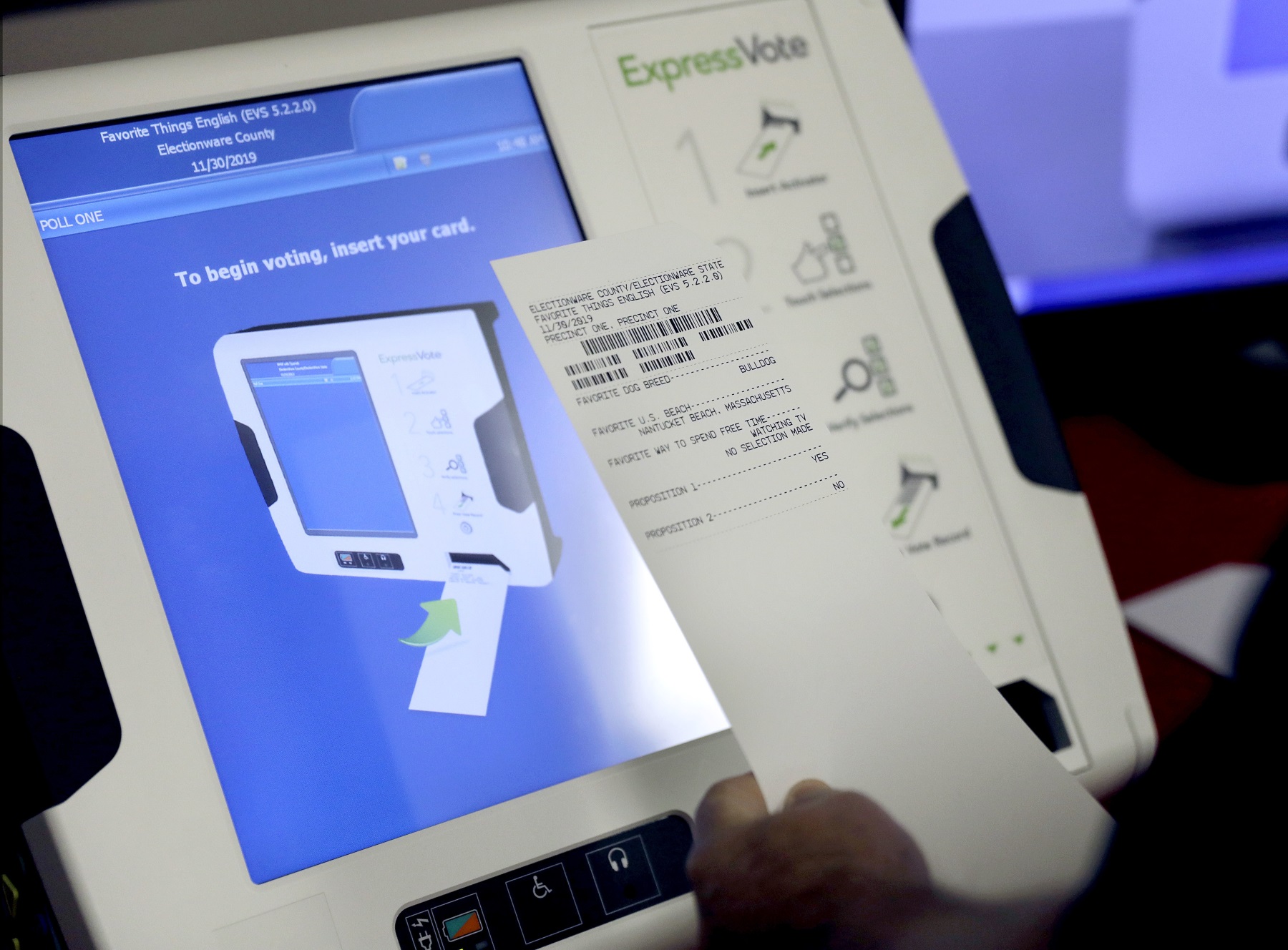State legislators and officials would spend the second half of 2018 studying how to replace Georgia’s aging voting system under a resolution filed late last week.
With the annual state legislative session now nearing its end, Republican Rep. Barry Fleming’s proposal places doubt on the chances for a separate bill that would move Georgia toward a paper-ballot voting system by 2020.
That bill (SB 403), sponsored by Republican Sen. Bruce Thompson, cleared the state Senate with bipartisan support but lost some momentum in the state House. Critics, including election-integrity advocates as well as some Republican and Democratic lawmakers, said it isn’t specific enough about how recounts and audits would be conducted, potentially leaving the voting system vulnerable.
State House Democrats do not support the bill.
Still, Fleming said he expects SB 403 will pass, and his separate proposal will not. “I think that I will probably not move that study committee,” Fleming said.
HR 1699, Fleming’s proposal, would create a 13-member study committee “for the purposes of determining an appropriate plan of action and recommendations for the State of Georgia.”
In 2019, state lawmakers could still pass legislation requiring paper ballots ahead of the 2020 presidential election.
“Comprehensive, inclusive, and systematic study of Georgia’s voting system is necessary and appropriate as the selection process requires legislative and regulatory action, including budgetary appropriations,” said the resolution from Fleming.
The committee would include four members each from the state House and Senate, including one member of the minority party in each chamber. The governor would appoint four members, with at least one coming from the budget office, and one from the Department of Administrative Services, which oversees state contracts. The secretary of state, Georgia’s top election official, would be an ex-officio member of the committee.
Georgia is the largest of five states that still uses electronic-only voting machines without a paper trail voters can check for themselves. That leaves the system vulnerable to hacking, according to cybersecurity experts.
The Secretary of State’s office has maintained Georgia’s current system is secure, even if it’s outdated.
The U.S. Senate intelligence committee recently released a list of recommendations to enhance election security that includes “rapidly” replacing aging voting machines. In an omnibus spending bill, Congress approved $380 million to help secure election technology around the country.
Thompson’s bill would require that the state adopt new voting technology that includes paper ballots by 2020. The committee proposed by Fleming would be looking at a new system for 2019.
Either way, Georgia is set to use its current, electronic-only system in the 2018 midterm elections.
This story has been updated.









